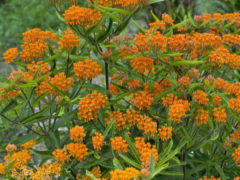
butterfly weed, milkweed
Asclepias tuberosa
Perennial Plant Association 2017 Perennial Plant of the Year! Asclepias tuberosa (butterfly weed) features showy … Continued
Drought-tolerant and drought-resistant plants may still need supplemental water from time to time, but they can survive periods of dryness without dying.
Drought-resistant plants like cactus, hens and chicks, and sedums can go for very long periods without water and do not tolerate poorly drained locations. Drought-resistant tropical plants grown indoors in winter like cactus, Sansevieria, Echeveria, and other succulents sometimes fail due to overwatering.
Drought-tolerant plants grow in many textures and sizes and have different adaptations that help them get through periods of drought:
The latter two types of plants are drought tolerant once established because any new planting, regardless of drought tolerance, needs to be watered during the first growing season to allow roots to reach the depths needed to access moisture during dry periods.
It’s also important to note that survival may not mean that the plant will look its best during this time. Watering weekly for a longer period of time will result in the best-looking gardens with the highest tolerance for drought. During the hottest, dryest times in summer, watering deeply twice a week is recommended. These less frequent waterings will encourage root systems to expand, making it easier for plants to access moisture when their environment is dry.
Winter drought has become a bigger problem in recent years as snowfall declines. Evergreen plants are especially vulnerable during winter drought because their foliage continues to shed moisture while dormant deciduous plants have shed their leaves and can conserve moisture in woody stems and underground. Watering shrubs and trees in winter on days when the temperature allows (above freezing) will help ensure their healthy return in spring.
Here are some drought-tolerant and drought-resistant plants to grow—

Asclepias tuberosa
Perennial Plant Association 2017 Perennial Plant of the Year! Asclepias tuberosa (butterfly weed) features showy … Continued
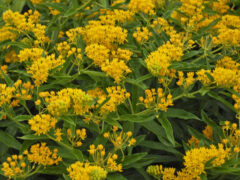
Asclepias tuberosa 'Hello Yellow'
A long-lived, low-maintenance perennial, this yellow flowering selection of our native A. tuberosa was discovered … Continued
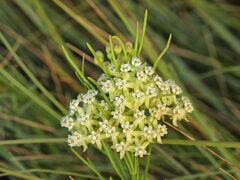
Asclepias verticillata
Whorled milkweed blooms later than other milkweeds with white flowers July thru September. The caterpillars … Continued
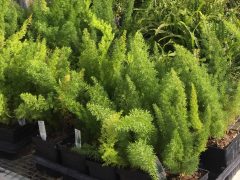
Asparagus sprengeri
Light, ferny green foliage is the prefect green filler for flowering annuals and thickly textured … Continued
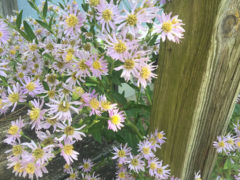
Aster tataricus
Easily grown in average, medium, well-drained soils in full to part sun. Can be divided … Continued
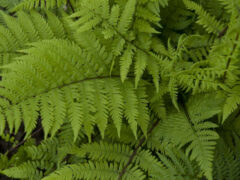
Athyrium felix-forma 'Lady in Red'
Vibrant burgundy stems coupled with dark green fronds complement everything else in the shade garden. … Continued
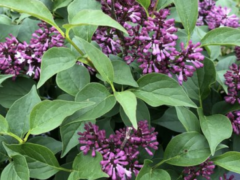
Syringa hybrid
The smallest lilac, this Proven Winners plant packs a lot of flower power. Glossy, dark … Continued
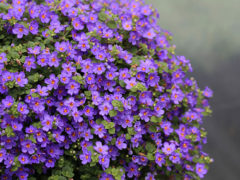
Sutera grandiflora 'Epic Blue'
A very vigorous, trailing, yet compact and well-branched bacopa, ‘Epic Blue’ has glimmering blue, star-shaped … Continued
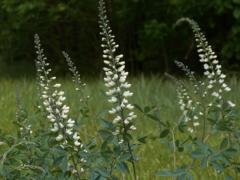
Baptisia alba var. macrophylla / Baptisia lactea
A stately plant with white flowers in June followed by black pods that make fabulous … Continued
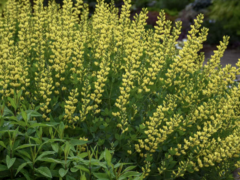
Baptisia 'American Goldfinch'
Brilliant golden-yellow flower spikes rise above blue-green foliage. A floriferous Baptisia produces loads of brightly … Continued
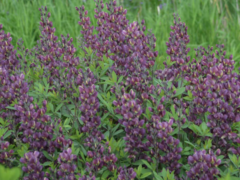
Baptisia 'Burgundy Blast'
A redder shade of purple than the other purple Baptisia, this cultivar delivers dark wine … Continued
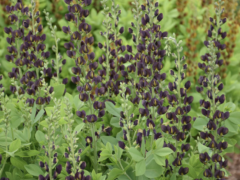
Baptisia Decadence® 'Dark Chocolate'
Nearly black, charcoal purple flowers appear atop the compact clump of deep blue-green foliage in … Continued